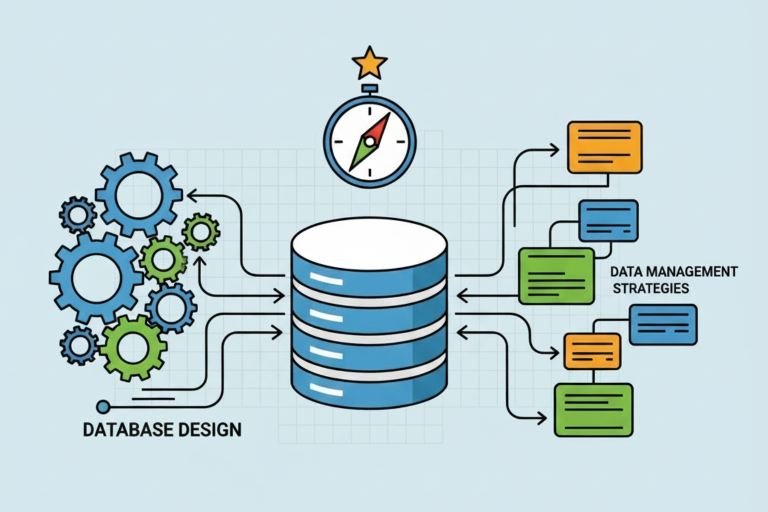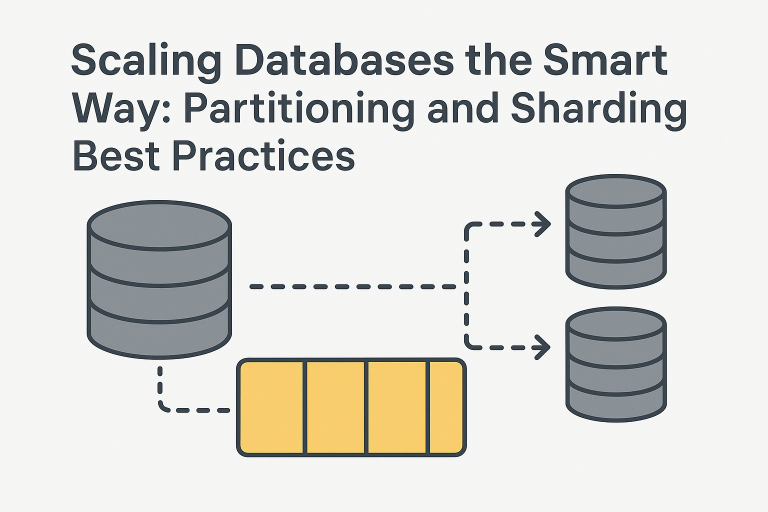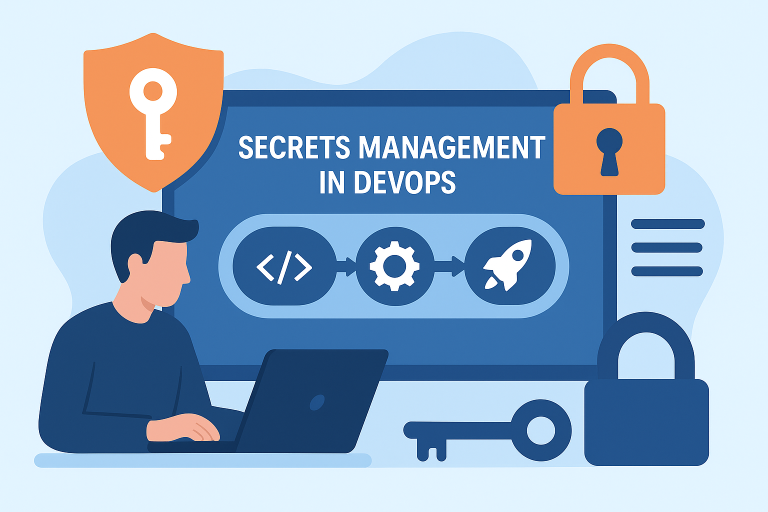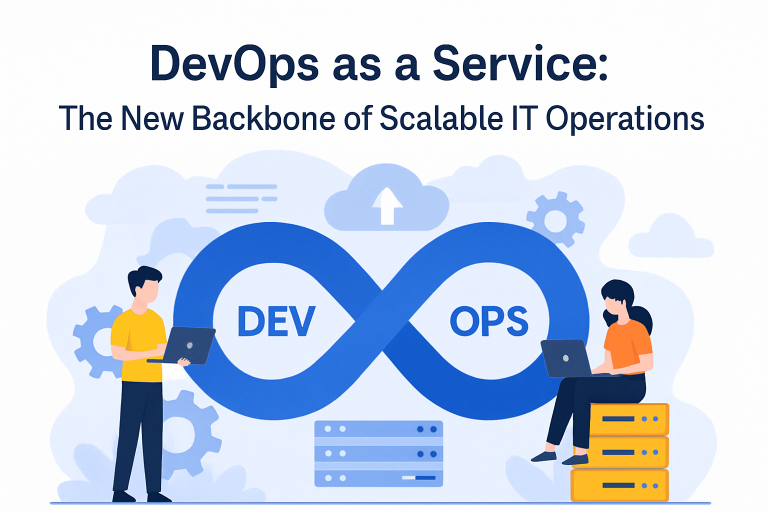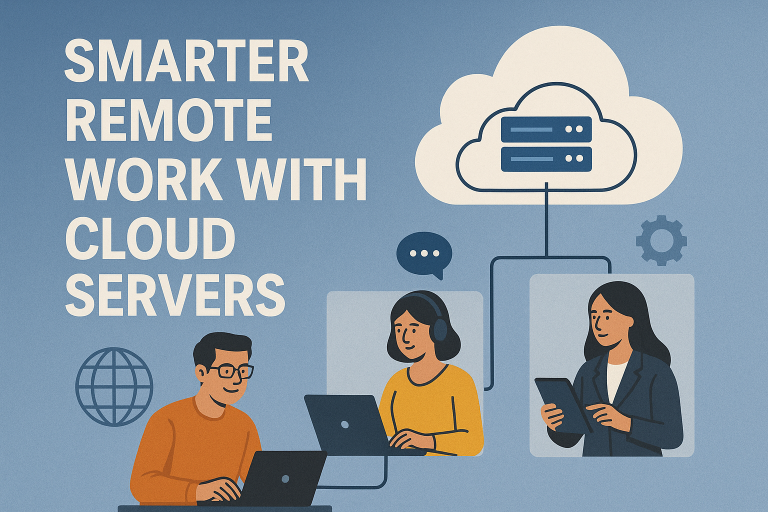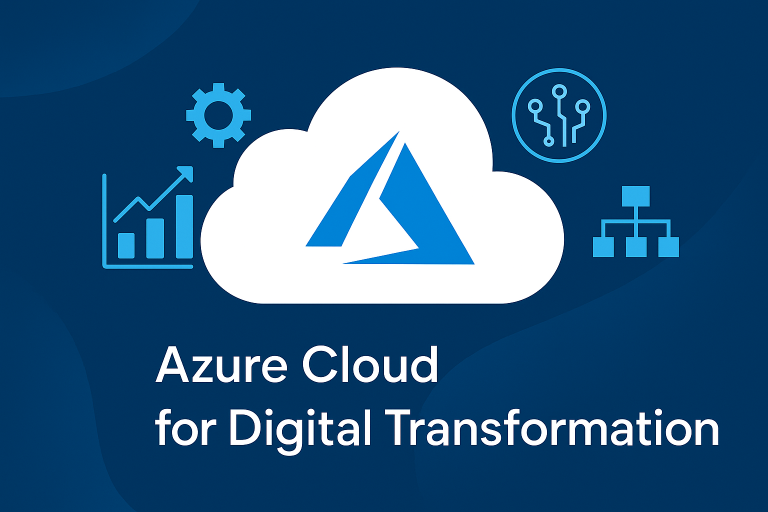
Data is one of the most valuable assets to any business, making its protection a top priority. Implementing Data Encryption Practices is one of the best ways to safeguard your information from unauthorized access and cyber threats. By converting plain-text data into an unreadable format, encryption ensures that only authorized users with the correct decryption key can access it. While no security measure is entirely impenetrable, following essential practices can significantly reduce the risk of data breaches and cyberattacks.
Which data needs to be encrypted?
Although you can encrypt all data, it’s not necessary for every piece of data to undergo encryption for security. Encrypting data is a good practice when storing it on a static location like a disk or transferring it over a network. You can encrypt data on any operating system, whether it’s stored in file systems, block data, or on a bare-metal server. Additionally, you can encrypt data within a virtual machine or on a virtual disk.
Data encryption algorithms and tools
A data algorithm is a specific process that is used to encrypt and decrypt data. Like other, the data encryption algorithms are also evolved over time and the most popular encryption algorithms of current days are
- Advanced Encryption Standard (AES) algorithm
- Rivest-Shamir-Adleman (RSA) algorithm
- Triple Data Encryption Standard (DES) algorithm
- Twofish algorithm
All of these algorithms have their own benefits at encrypting certain types of data than others. Organizations should choose an algorithm based on the data type, infrastructure, and encryption location.
Most encryption algorithms can perform the best with supporting tools. Similarly, like different encryption algorithms, some of the encryption tools are faster than others, and some are better at performing encryption and decryption of certain types of data. There are multiple open-source encryption tools also such as LastPass, BitLocker, VeraCrypt, FileVault 2, DiskCryptor, AxCrypt, and so on.
Best practices for data protection
Here are some of the principles that can help you to encrypt your data securely and efficiently:
1. Create a security strategy to protect data
The security strategy for a business may vary depending on the size of your business. For larger enterprises with many users, the cloud servers are the preferred option to store their encrypted data, whereas, the smaller businesses can use their workstations for data storage. Some of the important criteria to create the best security strategy for your organization are:
Choose the right encryption tool: Opt for the most suitable encryption tool as per the data type, data volume, and business needs. It is essential to choose the encryption tool for fast and perfect data encryption.
Choose the best encryption algorithm for your business: It is important to go to the vendor who can offer opt technologies or algorithms for your business that meets international standards.
Use reliable key management: Establish a standard procedure to figure out ways to generate, store, and replace encryption keys. You also have to be ready with strategies to destroy the encryption keys in case of a security breach.
Access Management: A standard strategy needs to be in place to track irregularities or identify unauthorized access to your encryption keys.
Fast Data encryption: You need to work with your partner managed IT services to find tools that can encrypt your files faster without compromising on security. Encryption time is also very crucial, especially when you have to send it over the network urgently.
2. Protect your data in transit
It is an easier job to protect your data when those are stored in your system or on a dedicated server compared to when the files are in transit. Since the data is moving back and forth from different locations is a very common event, the best practice in to use a Virtual private network (VPN) to hide the IP address and keep your data safe. Some of the common reasons to use a VPN service while transferring data are:
- Use of a VPN service enables you to create an encrypted connection between your device and the internet to hide all your online activities.
- VPN services have security protocols to safeguard your devices and data against cyber-attacks on public Wi-Fi.
- It offers secured access from workstations to your storage devices
There are IT infrastructure consulting services to help you incorporate VPN services in your organization
3. Choose the right kind of data to encrypt
It is essential to determine which data you need to be encrypted for maximum security. Sensitive information like names, contact details, credit card details, social security numbers, and other customers’ information are examples of vital data that need to be encrypted. Similarly, the files that you need to transfer over a network or access remotely also need encryption.
4. Controlled access to data
For better data protection, you can also go for department-wise data access. For example, your financial information should only be accessed by employees of the finance department or your marketing should enjoy the access to customer details, and so on.
5. Develop a data backup strategy
To have a data recovery plan or backup strategy is essential in the event of data loss or theft. You can take the help of your IT partner companies to have the suitable software for backup. It is also important to keep your decryption keys in a safe and secure place along with backup. It is good to maintain a centralized key management system to ease the risk of isolation.
Make sure that your encryption strategy must support data migration. This will be helpful if you plan to shift to the cloud. Your backup strategy should third-party technology integration to keep you open for new business opportunities without compromising on security.
Conclusion
Data encryption is a continuous process, and it is good to be careful about the effectiveness of your data encryption strategy to enhance it over time. The above-mentioned data
